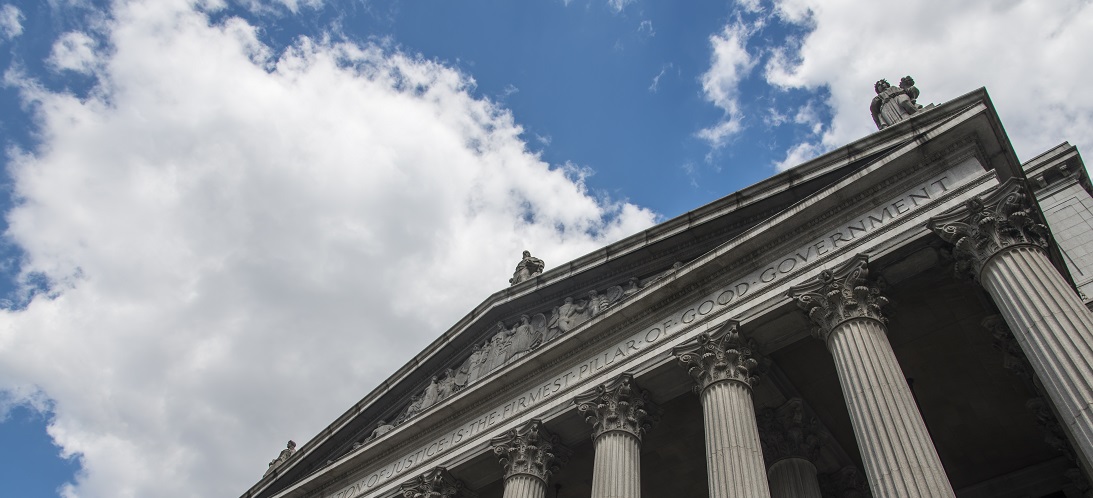Deal News & Interviews
WASHINGTON – Access to a national database of public procurement data in Portugal is helping antitrust officials increase their enforcement efforts, according to Margarida Matos Rosa, president of the Portuguese Competition Authority. With a decade of historical quantitative and qualitative data to draw from, Portuguese officials are able to track anticompetitive trends, Rosa says in this interview recorded at the 2018 annual AMA Spring Antitrust Meeting.
WASHINGTON – Japanese antitrust enforcers are finding ways to apply existing competition law to several unique challenges presented by the emerging digital economy, according to a top enforcement official. First among Japanese Fair Trade Commissioner Reiko Aoki’s priorities is protecting freelancers—also known as the “gig” labor force. “Freelancers are not really ‘firms’, so they’re in a very weak position,” Aoki says in this interview, recorded at the 2018 ABA’s annual Spring Antitrust Meeting. Aoki believes, however, that “current anti-monopoly law is sufficient to protect workers from exploitation by digital firms.”
WASHINGTON – The U.S.’s apparent suspicion about the potential anticompetitive nature of vertical mergers is raising eyebrows in Europe, according to Jacques Steenbergen, president of Belgium’s Competition Authority. “We always have the impression that the Europeans are more concerned about verticals,” he says in this interview recorded at the 2018 annual ABA Spring Antitrust Meeting.
WASHINGTON – Despite its ongoing economic crisis, Brazil has continued to invest in antitrust enforcement, according to one of its top competition officials. New technologies, a 25% increase in staff, and other resources are helping what Alexandre Barreto, president of the Administrative Council for Economic Defense (CADE), says is leading to an uptick in the number of cases CADE is handling. This interview was recorded at the 2018 ABA annual Spring Antitrust Meeting.
WASHINGTON – Since a competition ordinance in Hong Kong went into effect at the end of 2015, much has been accomplished, says the Competition Commission’s CEO Brent Snyder. In this interview recorded at the 2018 ABA Spring Antitrust Meeting, this former senior antitrust official at the US Department of Justice shares his thoughts on what makes a competition agency successful.
WASHINGTON – Data indicating simultaneous increases in concentration and in margins over the past two decades have led to a global debate over how to define “too big.” The European Commission’s chief economist, Tomasso Valletti, thinks that even though the literature is still nascent, there is enough micro- and macro- level information to consider the impact these trends are having on jurisdictions internationally, as he details in this interview recorded at the 2018 ABA Spring Antitrust Meeting.
WASHINGTON – The current consolidation of China’s three antitrust agencies should result in more effective enforcement, according to attorney Zhan Hao, a managing partner with the AnJie Law Firm in Beijing. “I think after the consolidation, [the combined agencies] can concentrate their power into a focused area,” says Zhan in this interview recorded at the ABA’s 2018 annual Spring Antitrust Meeting.
WASHINGTON – Pragmatism, standardized methods and transparency are three key priorities for the International Competition Network (ICN). “We’re very practically focused,” says Randy Tritell, who directs the Federal Trade Commission’s office of International Affairs, and who is an active participant in the work of the ICN. “We’re not a think-tank,” he says of the global consortium of jurisdictions dedicated to fair competition policy in this interview recorded at the ABA’s annual Spring Antitrust Meeting.
WASHINGTON – The world’s oldest competition law is on the books in Canada, preceding the US Sherman Act by one year. In this video interview, the head of Canada’s Competition Bureau John Pecman says his agency’s emphasis on corporate compliance and advocacy is growing. Pecman said the agency’s focus on consumer protection has won the hearts of Canadians and made “antitrust cool again,” citing enforcement efforts that led to a $25 rebate on bread purchases from a national grocery chain.
WASHINGTON – The past three-plus decades of antitrust enforcement have been too lax in the U.S., according to Diana L. Moss, PhD, president of the American Antitrust Institute. Hear how she views what should be done to “rebalance the scales,” in this video recorded at the 2018 ABA Antitrust Spring Meeting.








